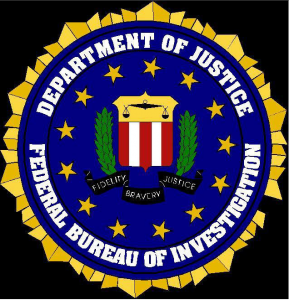 A Florida man was sentenced Tuesday in federal court to 48 months in prison for his role in laundering the proceeds of scams against American consumers and businesses to co-conspirators located in Nigeria, officials stated.
A Florida man was sentenced Tuesday in federal court to 48 months in prison for his role in laundering the proceeds of scams against American consumers and businesses to co-conspirators located in Nigeria, officials stated.
According to court documents, Niselio Barros Garcia Jr., 50, of Winter Garden, was part of a network of individuals who laundered fraud proceeds from romance scams, business email compromises, and other fraud schemes.
Garcia supplied his co-conspirators with bank accounts to receive the proceeds from the scams.

After he received the proceeds, officials stated that Garcia used a cryptocurrency exchange to conceal the funds and transfer them in Bitcoin to co-conspirators in Nigeria.
Business email compromises involve criminals hacking or spoofing business email accounts to initiate fraudulent money transfers.
Romance scams involve fraudsters creating fake online personas to gain the trust and affection of victims, leading to financial exploitation. These schemes not only cause significant financial losses but also deeply impact the lives of victims.
 Garcia pleaded guilty to conspiracy to commit money laundering in federal court in Florida in January.
Garcia pleaded guilty to conspiracy to commit money laundering in federal court in Florida in January.
According to his plea agreement, Garcia personally laundered over $2.3 million of criminal proceeds.
As part of his sentence, Garcia was ordered to forfeit $464,923.91 in proceeds he personally received from the offense and pay $575,079.80 to victims in restitution.
Four additional defendants have been charged in this scheme but remain at large.
“This case demonstrates the department’s continued commitment to prosecuting transnational fraud and those who knowingly facilitate it,” said Principal Deputy Assistant Attorney General Brian Boynton, head of the Justice Department’s Civil Division. “By facilitating the concealment of illicit profits, third-party money launderers enable large-scale transnational fraud schemes. This case underscores the department’s commitment to protecting consumers and disrupting the infrastructure that makes these crimes lucrative.”
The FBI Buffalo Field Office investigated the case.
Trial Attorneys Lauren M. Elfner and Matthew Robinson of the Civil Division’s Consumer Protection Branch are prosecuting the case.

